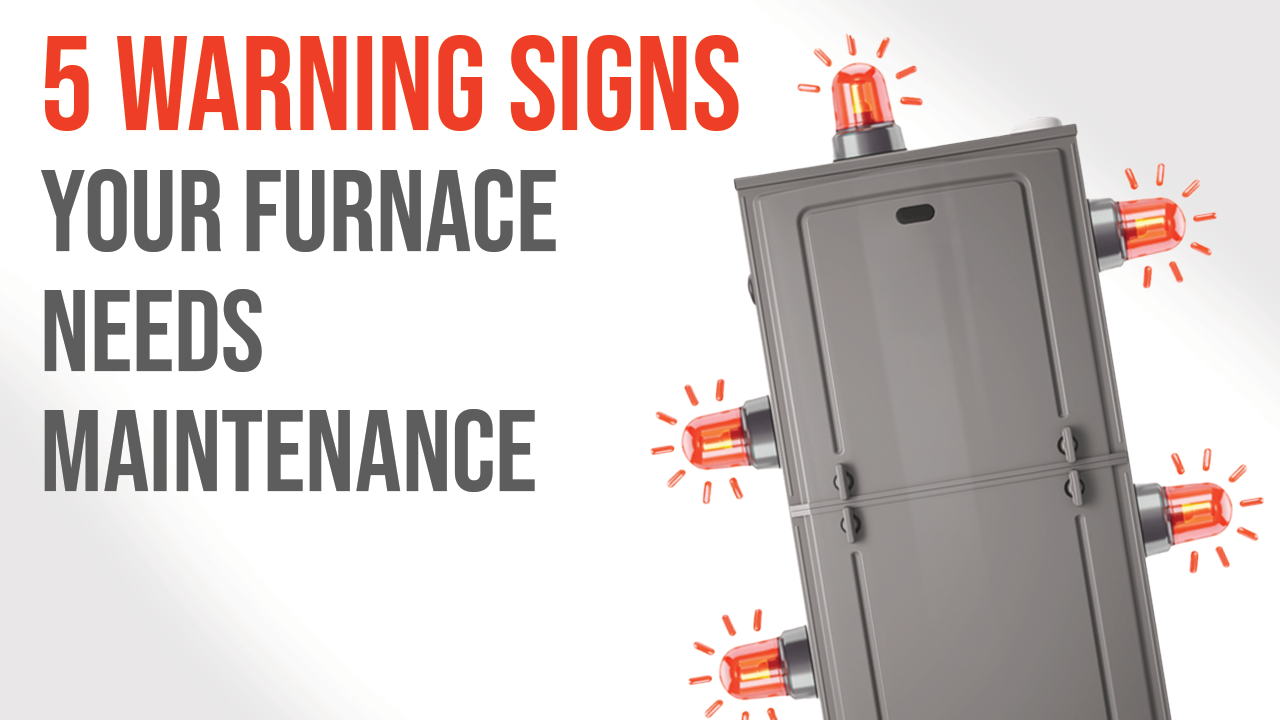Updated January 18, 2024

Water damage can wreak havoc on your home, leading to costly repairs and health hazards. Fortunately, there are effective ways to safeguard your home from this threat. This guide will explore preventing water damage and address homeowners’ common questions.
How do you prevent water damage in a house?
Regular Maintenance: Regular maintenance is your first line of defense against water damage. Schedule routine roof inspections and gutter cleaning to ensure proper water drainage. Repair any damaged shingles or gutters promptly to prevent leaks.
Seal Gaps and Cracks: Gaps and cracks in your home’s exterior can allow water to seep in. Seal these openings with caulk or weatherstripping to prevent water intrusion.
Proper Drainage: Ensure that your property has adequate drainage systems. Well-designed slopes, grading, and drainage channels can direct water away from your home’s foundation.
How can I protect my home’s foundation from water damage?
Grading and Sloping: Proper grading around your foundation is essential. The ground should slope away from the house to prevent water from pooling around the foundation.
Foundation Waterproofing: Consider installing a foundation waterproofing system. This can include coatings, membranes, or drainage systems that create a barrier against water infiltration.
Downspout Extensions: Extend downspouts away from the foundation. This prevents rainwater from collecting near your home’s base.
How can we reduce water damage?
Sump Pump: Installing a sump pump and a backup system can provide peace of mind. These devices automatically remove excess water from your basement, reducing the risk of flooding.
Indoor Humidity Control: Maintain a healthy indoor humidity level. High humidity can lead to condensation and mold growth. Use dehumidifiers if necessary, especially in basements and crawl spaces.
Emergency Preparedness: Be prepared for emergencies. Know the location of your main water shut-off valve, and keep emergency water damage restoration resources on hand, such as sandbags and tarps.
How do you prevent water damage on walls?
Insulation and Ventilation: Proper insulation and ventilation are vital in preventing wall-related water damage. Adequate ventilation in bathrooms and kitchens can prevent condensation buildup that can lead to mold and mildew.
Waterproofing Materials: Consider using materials on exterior walls, especially in areas prone to heavy rain or flooding. These materials create an additional barrier against water intrusion.
Early Detection: Regularly inspect your walls for signs of leaks or water damage. Promptly address any issues you discover to prevent them from worsening.
Preventing water damage to your home is an essential part of homeownership. By implementing these effective strategies, you can protect your investment and enjoy a dry and safe living environment. Regular maintenance, proper drainage, and preparedness are vital to safeguarding your home from water damage. Be proactive, and your home will thank you for it.
Contact Us Today for Plumbing Service!
The holiday season is here, and with it comes the excitement of twinkling lights, cozy nights, and festive decorations. However, amidst all the cheer, it’s important to... Read More

As the temperatures drop and winter approaches, ensuring your furnace is in top shape becomes a priority for homeowners. A well-functioning furnace keeps your home warm, your... Read More

The holiday season is a time of joy, celebration, and, of course, twinkling lights and festive decorations. However, amidst all the excitement, it’s easy to overlook the... Read More
